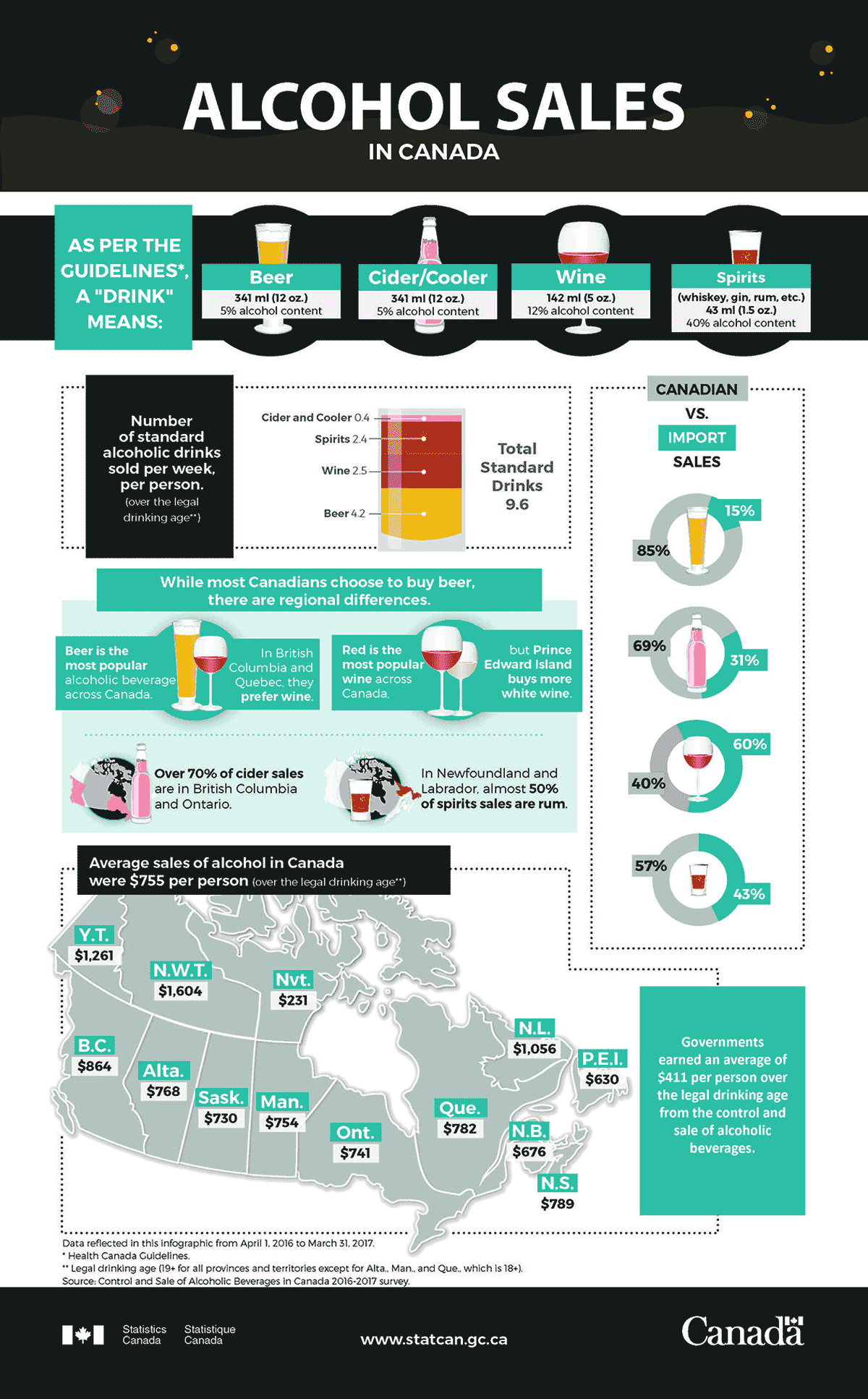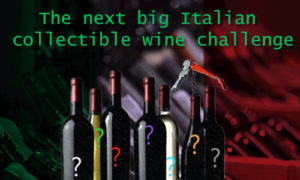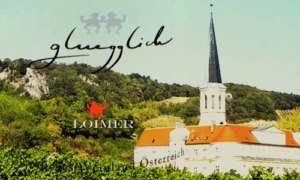Quebec’s craft distillers: “distilling is a serious passion”
Canada’s spirits market is lively but volatile. The passion of small artisan distilleries revived Quebec’s craft beverage industry to eventually become its cornerstone. In 2019 Quebec saw a sale increase from around 787.3 million CAD compared with the previous year.
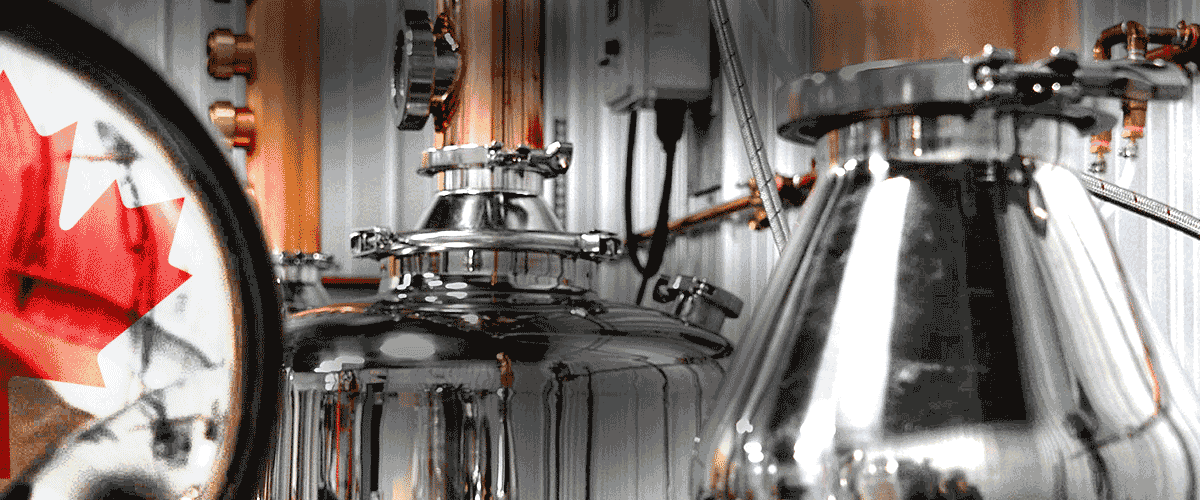
For decades, the Canadian spirits market has been dominated by a handful of major players. And while mass-produced whiskey is still big, things are steadily changing. Nowadays Quebec’s small craft distillers, making ‘premium’ and ‘super-premium’ spirits, are the fastest-growing brands in the spirits market.
Distilleries from the province of Quebec are no exception. Driven by a lot of passion and enthusiasm a new generation of craft distillers make award-winning spirits using local ingredients. It is on an afternoon full of gusty winds and scattered rain showers that WineJus meets up in Amsterdam with seven award-winning artisan distilleries from Quebec to get a taste of what they are making.
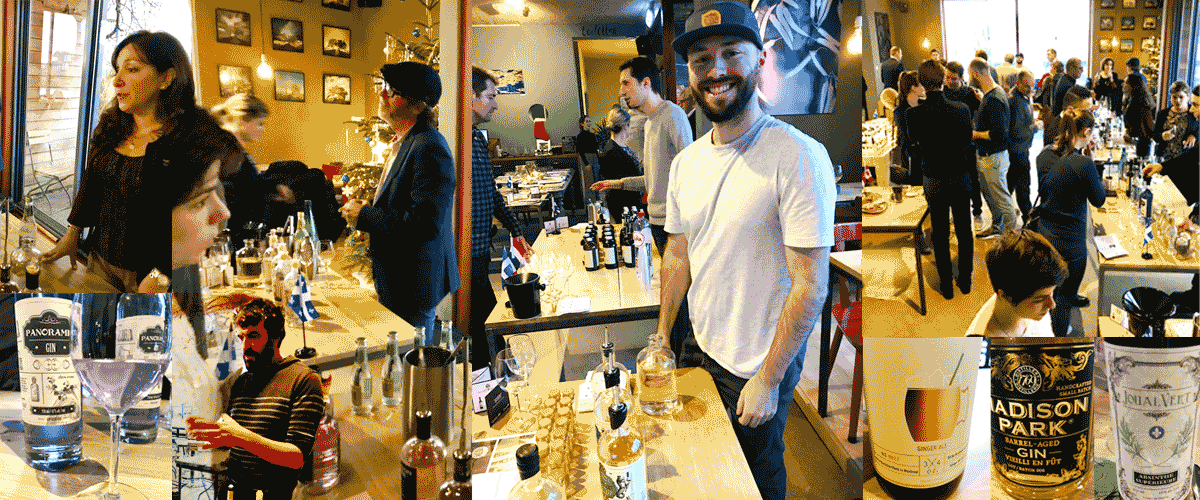
Canada enjoys a micro-distillery boom
Quebec’s spirits boom starts in 2013 inspired by a leaner, entrepreneur-friendly legislation in British Columbia, quickly followed by Alberta. In 2013, legislators in Alberta, home to some of the best barley and wheat in the world, revoked a rule that requires distillers to make at least a half million liters of spirits each year, in order to keep their commercial license. This repeal of prohibitive laws should make things much easier for small producers to distill and sell liquor you would think. Or not?
To sell or not to sell … locally
In the province of Quebec, the red tape around laws and regulations long hampered the growth of the micro-distilleries. A distiller not only had to deal with state-run (SAQ) liquor stores and minimum pricing, getting your products sold on-site presented another problem as well.
Stringent Quebec liquor laws allowed local beers, wines, and ciders to be sold where they are made, but not spirits. This blocked distillers to sell or serve their products (without food) on their premises. Until recently no real effort was made to amend the 100-year-old liquor laws, originally created to control the markets during the time of prohibition.
A new law, new opportunities for Quebec’s distillers
Only in 2018, Quebec’s government passed Bill 170 to simplify the alcohol permit system for both sellers and consumers. Bill 170 legalizes consumption in places where people were already drinking, such as restaurants. It also grants distillers with an industrial permit, small-scale production permit, or a warehouse permit permission to sell spirits on-site under certain conditions.
Whereas the new law now allows people to buy spirits at the distillery, the question remains if selling on-site will be a big revenue generator? Brands have to stay agile and consider export too. And, it obviously helps that their spirits have all won multiple international awards for taste and quality, and impress spirits aficionados around the world.
Going international
Spirits represent two thirds of Canada’s annual billion dollar beverage alcohol exports business and contribute $5.8 billion annually to Canada’s GDP. Although these numbers reflect mostly the big, commercial distillers. Quebec’s micro distillers are looking for export too.
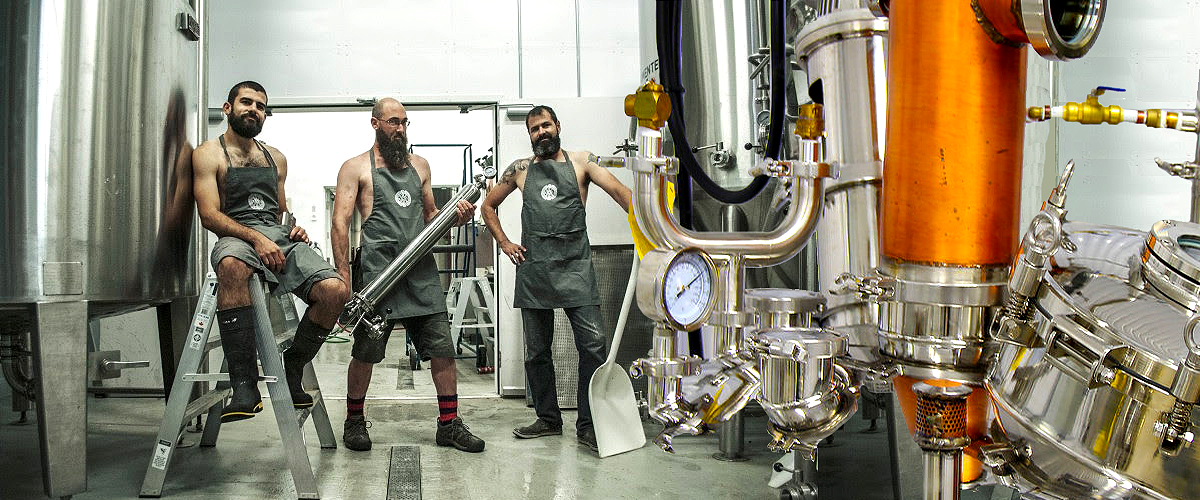
The event in Amsterdam was the last leg of an exclusive European tour organized by the Canadian embassy to support the Quebec’s smaller distillers in their search to find new distribution channels and opportunities in the European market.
The following producers were present during the tasting in Amsterdam:
Distillerie du Saint-Laurent In addition to the famous St. Laurent Gin, infused with Kombu seaweed, Distillerie du St. Laurent produces whiskey with only local grains and Acerum – a completely new kind of distilled maple syrup.
1769 Distillery 1769 Distillery is named after the year of the first registered distillery in Quebec. The use of locally sourced natural ingredients results in original and award-winning quality spirits.
¾ OZ ¾ OZ specializes in artisan cocktail mixes in the form of syrup for both alcoholic and non-alcoholic cocktails. Passion for quality products and design is reflected in their handmade, 100% natural syrups from ¾ OZ.
Les Subversifs Les Subversifs was founded by three friends. In their micro distillery, they produce gin, gin liqueur and maple syrup, mint cream and vodka with no added flavors and colorings.
Domaine Kildare Domaine Kildare is a family business specializing in the production of maple syrup, wine and liqueurs made from maple syrup. All products are made from fermentation of the maple syrup from which digestives and aperitifs are made.
Desrochers Ferme Apicole Desrochers offers a range of products, made with respect for the bees and the environment. The family business is known for its handmade honey wine, which has a delicate taste reminiscent of the largest wines.
Absinthe des Cantons Absintherie des Cantos is a micro-distillery specialized in the production of absinthe. They also produce different types of gins and eaux-de-vies. They use locally grown plants.
